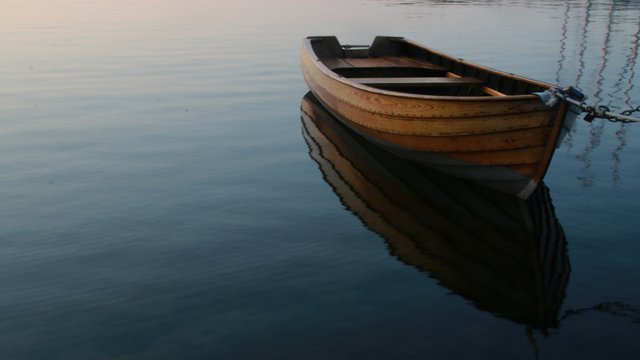What to Look for in a Used Fishing Boat

Now that warmer weather is prevailing in many parts of the country, it is time to begin thinking about getting back into the wilderness and enjoying everything Mother Nature has to offer. If you are like me, Matthew Davies, those first warm weather days have you dreaming of a new – or at least new-to-you – fishing boat.
As most of us are a little strapped for cash these days, thanks to COVID-19, you might be better off picking up something in the used variety. Don’t worry! Buying a used boat can be a great way to save a few bucks while getting your hands on a great boat at the same time. However, there are a few things that you need to be on the lookout for when you are dealing with used boats. Take a look at my list of at-risk factors when assessing if the used boat you are looking at is right for you.
Engine Hours
Just like when you are shopping for a new car, one of the first things you are likely to check out is the mileage. Since you can’t measure mileage when dealing with a boat, manufacturers opt for the much easier measurement – engine hours. While it may not be as effective at estimating how much wear and tear is on the engine, it can be useful as a baseline measurement. But how can you judge how many hours are acceptable?
Under normal conditions, the engine in question should not have more than 50 hours per year of use. This is assuming that you are not living in a boat-friendly state like Florida or Texas. Anything more than 50 hours a year, you might want to keep looking.
I want to add that while engine hours are an important consideration, other factors should be considered. Should you find a beautiful boat that has a few extra hours than you would like, do not hesitate to ask the owner for the maintenance logs. Provided they have a good maintenance record; you should be fine. On the other hand, new or inexperienced owners would be advised to pass on a boat that has high engine hours. A fixer-upper is not something you want to mess with when getting your first used boat.
Size
If you are upgrading your boat from the current craft you are piloting, you will want to make sure it will fit your current trailer. Boats and trailers aren’t always a package deal so it is essential to remember that trailer size is of tremendous importance when it comes to boats. If the trailer is too big or small, it will not hold your boat correctly. This can lead to accidents and hefty fines from the authorities. Nothing is going to ruin your fishing weekend faster than having a fine issued to you for something you could have prevented.
On a final note about trailers, if you are going into the sale needing a trailer, know that you will likely have to account for that in the price. Meaning, most boat sales are for the boat without the trailer. When talking to the seller, find out if they are selling the trailer or if the price includes the trailer.
Wear and Tear
Never take a used boat at face value. Sellers are only interested in making a sale. That is not to say that all sellers are dishonest. All it means is that they will say almost anything to make the sale. Before you sign on the dotted line, you might want to do a quick inspection of the hull first.
Much in the same way you would likely take a car out for a test drive, you need to take your potential boat out for a quick spin. After you return, you will want to ask the owner to take it out of the water (assuming it was not previously out of the water). In either case, you will want to climb under the boat and look at the hull. You are looking for crack and gouges that may indicate the vessel has been mishandled at some point during its life. These imperfections can lead to leaks at a later date. Should this happen, you may need to be rescued if you are too far from shore.
Maintenance Logs
I briefly touched on this before, but I feel this is something you need to pay special attention to. A boat that does not have proper maintenance logs is a liability. Without them, there is no way of telling if the ship has been appropriately cared for. Everything else might check out, but it will still be a mystery. This next sentence cannot be overstated: Don’t buy a used boat if it does not have proper maintenance logs. It will be more of a headache than you want, guaranteed.
Remember, engine hours are only part of the equation, as are the wear and tear and size. Verification that the spark plugs have been changed, the oil was changed regularly, and any parts that needed replacing were replaced is what you are after.
Enjoy Your New Boat
The last thing left to do is get out there and enjoy your new boat. You have taken all the precautions necessary, and you deserve to get out on the open water. With the weather warming up and restrictions being relaxed across the country, it is the perfect time to get out there and do some fishing. I, Matthew Davies, know that as soon as I find my next boat, I will not hesitate to take her out for the weekend. I hope you have found this helpful. Remember, take the time to do all the research you need to do on the boat you are going to buy. Don’t let anyone rush or bully you into buying a boat that you don’t think is right for you. Have fun, and stay safe!